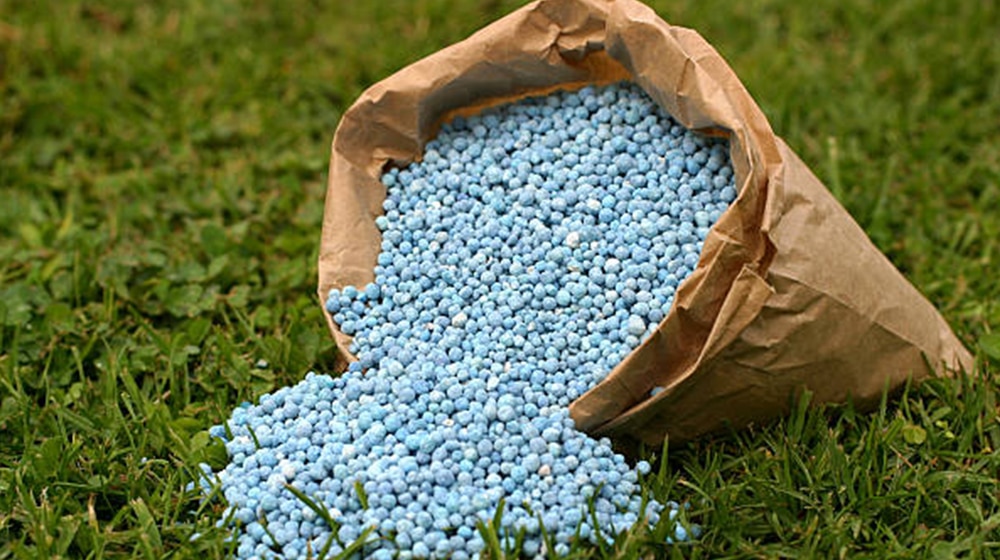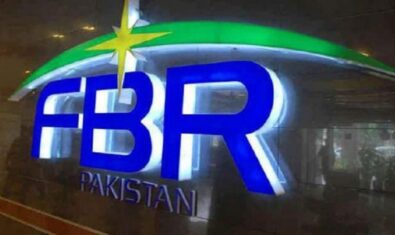Pakistan’s largest urea manufacturer, the Fauji Fertilizer Company Ltd (FFC), has announced an increase of Rs. 80 per bag in urea prices — first hike since August 2021 — and other manufacturers are expected to follow suit.
According to brokerage firm JS Global, the urea pricing landscape could stand significantly altered going ahead if the weighted average cost of gas (WACOG) is implemented and the pricing power of local players remains strong. Their report maintains the overweight stance on the sector is due to its stable revenues and margins, which also offers a D/Y of 12 percent.
The report explained that inflationary pressures, the demand-supply dynamic, and worldwide fertilizer prices have long created expectations of urea price increases, and recent developments, such as commodity price booms and local urea inventories dropping to roughly 7,000 tons as of end-February, have reinforced this.
Urea manufacturers have been patient over the years when it comes to price increments. As a result, a price increase was naturally long overdue as prices were last increased by the sector in Aug-2021. The spike in inflation in recent months has increased costs across the board, and in response to this, FCC increased urea prices by Rs. 80 per bag over the weekend, taking the retail price to around Rs. 1,863 per bag. Likewise, a similar announcement by other companies is expected in the coming days, and the report does not rule out further increases in prices in case of a hike in gas prices.
Impact on Imports
Global fertilizer prices have recently been triggered due to Russian fertilizer exports facing disruption owing to sanctions imposed by western nations on Russia. China’s urea prices, however, have been disconnected from the supply crunch situation and are trading at a discount to global prices, but that is because of the country imposing a ban on exports, which is in place since October last year.
The global fertilizer market was already facing shortages before the Russia-Ukraine tensions emerged, but this tussle exacerbated the food security issue as it caused gas prices to rise globally, which in turn forced regional players to reduce the production of fertilizers, promoting higher food inflation.
The rising differential between local and international prices has also encouraged smuggling of the commodity from Pakistan to neighboring countries, because of which the country has not been able to maintain any buffer stock in recent times.
The government now plans to import 200k tons of urea to ensure ample reserve of the commodity for Kharif season, but it will likely be at higher rates due to increased prices in the international market, the procurement of the same also seems difficult owing to global supply chain disruptions.
Implications of the Proposed New Fertilizer Policy
A new fertilizer policy has been suggested, with no gas subsidies and uniform pricing for the industry. The fertilizer business recognizes that decisions like WACOG must be made, but it also advocates that the market be de-regulated, giving manufacturers pricing flexibility. At the time, it is unclear if a nationwide uniform rate will be imposed or if a special rate would be developed for the sector. However, the report estimates that a distinct weighted average rate for the industry is more likely.
In either case, it is expected that any increase in gas prices is likely to be passed on by the industry to end consumers. In case the industry moves toward a WACOG mechanism, EFERT would gain a higher benefit as compared to peers. Moreover, since 70 percent of the Feed gas used by EFERT’s base plant is charged at Petroleum Policy 2012 rates, the company would require a lower per bag price increment.
In light of the aforementioned reasons, the pricing power for local urea manufacturers seems to appear substantial. The current inventory situation for urea, expected to touch an all-time low since CY08, adds weight to JS Global’s view. The government has directed companies to maintain buffer stocks to ensure availability for Kharif season, but it would likely be difficult to implement given high demand from dealers.





















